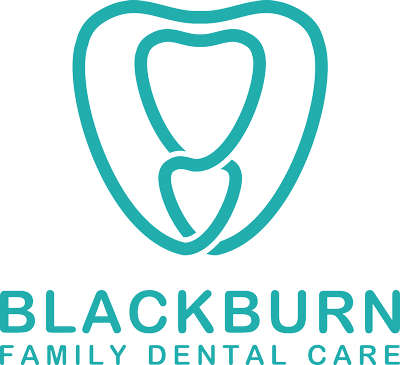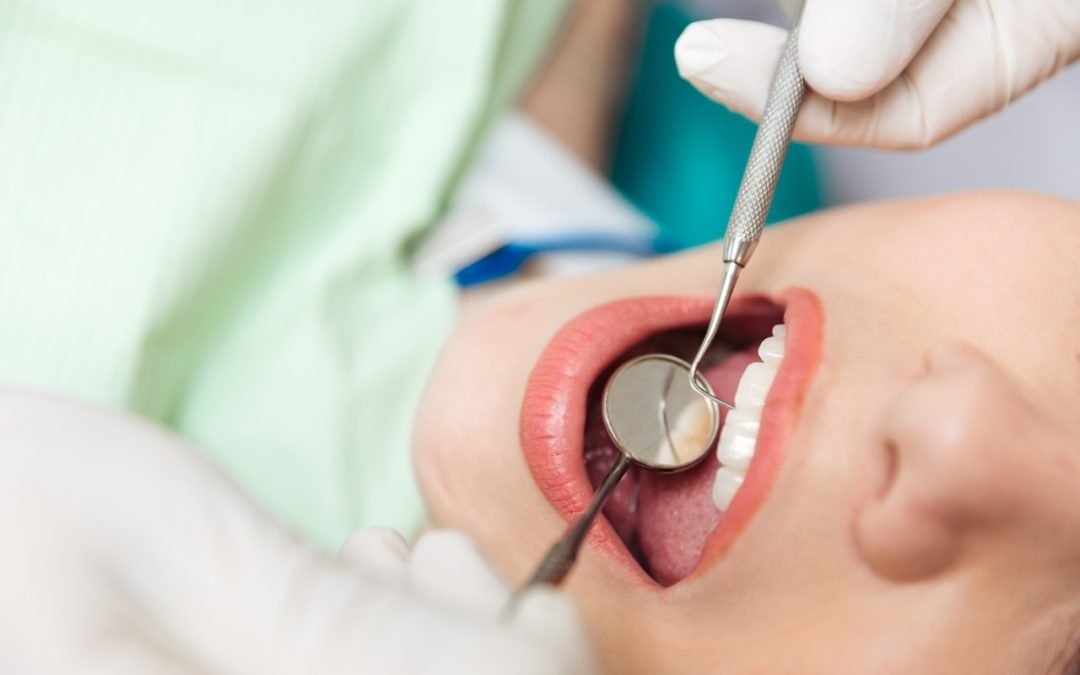When visiting your local dentist in Canterbury for a checkup, you rarely consider that there could be a tangible link between your oral health and other medical conditions.
This is especially true with oral health and strokes. While it can be hard to correlate the two, there has been significant research into the relationship between oral health and strokes and how better oral hygiene is often associated with lower stroke risks.
So, in this article, we will be looking into understanding the link between oral health and strokes and how improving your oral health can significantly improve your overall health.
What Is A Stroke?
A stroke happens when the blood supply to a part of your brain is suddenly cut off, which deprives that part of your brain of oxygen and other nutrients from your blood. Physical signs and symptoms of a stroke include:
- Sudden numbness or weakness in the face, arm, or leg, especially on one side of the body.
- Confusion, difficulty speaking, or difficulty understanding speech.
- Unexpected difficulty seeing in one or both eyes.
- Sudden experience of dizziness, loss of balance, or lack of coordination.
- Sudden onset of a severe headache with no known cause.
A stroke is considered a medical emergency; without a continuous supply of oxygen and nutrients from your circulatory system, having a stroke can cause your brain cells to die (infarct), which can lead to permanent damage.
Why Is Oral Hygiene Important?
When it comes to your oral health, bacteria are typically kept under control by the body’s natural defences and good oral health care, such as daily brushing and flossing.
However, without proper oral hygiene – in conjunction with other factors such as fluoride exposure, diet, genetics, systemic diseases, and external irritants such as nicotine – virulent bacteria levels can rise to the point where they can cause oral infections such as tooth decay and gum disease, leading to further health complications.
Given how oral health is often a reflection of your overall health, it is essential to maintain good oral hygiene practices to avoid any unnecessary complications. This includes having a good cleaning regiment at home, and also regular visits at the dentist for checkups.
How Poor Oral Hygiene Can Increase Stroke Risks
Poor oral hygiene in conjunction with other factors as mentioned above increases the chance of gum disease (also known as periodontitis). This manifests as localised or sometimes generalised damage to gum and bone tissues around teeth. Certain bacteria involved in gum disease is also known to be correlated to increased inflammatory markers or cells released into the blood stream. This phenomenon is postulated to be involved in an increased risk of stroke.
The main reason behind this is that certain virulent oral bacteria have the potential to release inflammatory cells and signals into the bloodstream and in turn cause plaque or inflammatory changes to blood vessels. This inflammation has been postulated to cause small blood clots systemically, disrupting blood flow to vital tissues such as the heart and brain. If these clots block vessels in the brain, it reduces blood flow to the area of brain tissue the vessel supplies oxygen to. That area of brain cells start dying; this is otherwise known as a stroke.
Studies have found that the severity of gum disease is directly related to an increased risk of stroke. Compared to people with mild gingivitis, people with severe periodontal disease, such as gum destruction and tooth loss, have a fourfold increased risk of stroke.
Given that the risk of gum disease and stroke are both age-related conditions, older patients are more likely to be at risk than younger ones.
Stroke Patients And Dental Health Risks
The relationship between oral health and strokes is not just a one-way street. Following a stroke, the likelihood of oral health issues may increase due to sensory loss, changes in taste and saliva flow, tongue protrusion, and the lack of capacity to swish and spit effectively. In addition, the loss of fine motor control functions may also negatively impact a person’s ability to maintain good oral hygiene properly.
Because oral health issues may increase the risk of a stroke recurrence, stroke survivors must notify their dentist of their situation. A dental professional can assist in developing an oral hygiene plan tailored to the needs of stroke survivors.
Furthermore, more frequent dental health appointments allow dentists to monitor oral conditions and reduce the risk of oral health issues linked to stroke recurrence.
Taking Care Of Your Oral Health To Prevent Strokes
It is critical to have good oral health to reduce your risk of developing oral health problems that could lead to a stroke. You can practise good oral hygiene habits by:
- Brushing your teeth at least twice a day for two minutes
- Flossing daily
- Scheduling regular dental checkups
- Limiting your consumption of sugary foods and drinks
If you already have oral health issues, you must treat them as soon as possible to lower the risks of developing further health complications.
Let Blackburn Family Dental Care Help With Your Oral Health
At Blackburn Family Dental Care, we’re committed to helping you achieve a healthy smile and improve your oral health. Our dental services range from being an emergency dentist in Blackburn to providing cosmetic dental implants. Our experienced team of professional dentists are here to resolve any health and cosmetic-related dental concerns you may have. Get in touch with our team today!

